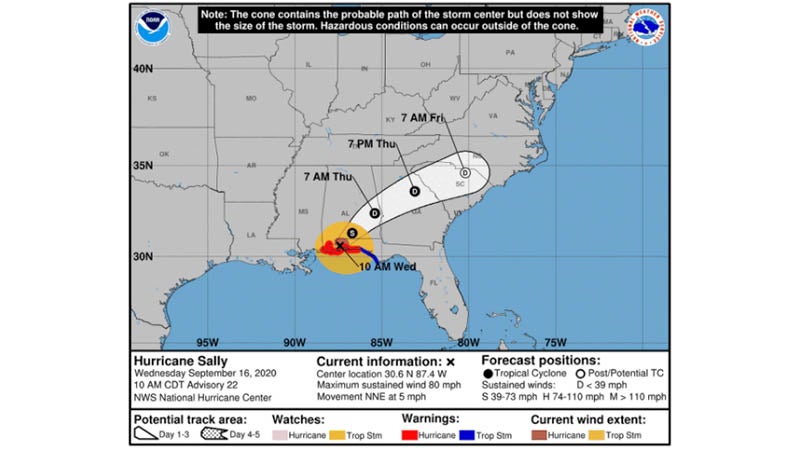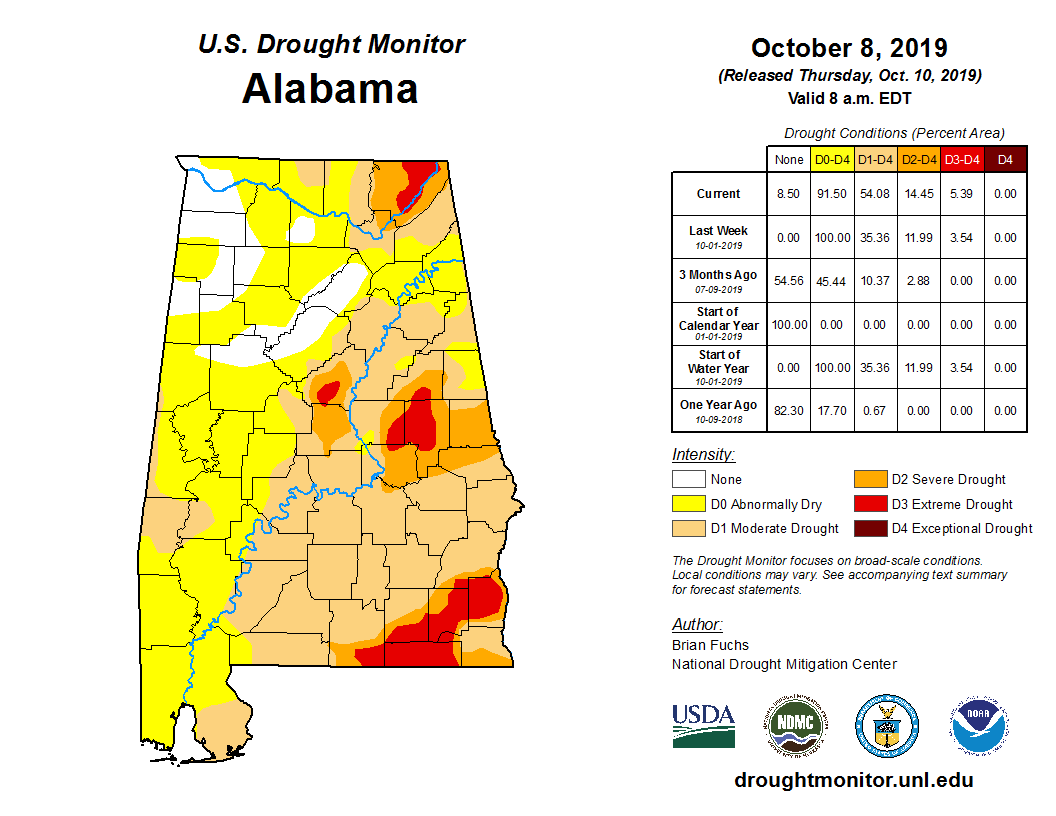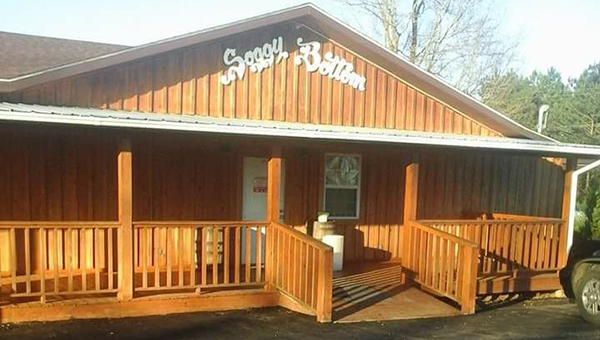Sewerage upgrade is next project set for Florala Utilities
Published 12:00 am Friday, May 23, 2014
The Florala Utilities Board has zeroed in on its next city improvement project, opting to apply for an approximately $300,00 grant for sewerage improvements over funds designated for upgrading its water system.
Board Chairman Ronney Robbins said members were torn over which project to pursue funding for through the Community Development Block Grant (CDBG) program, considering the city is allowed to apply for only one project per year. Additionally, once a project is approved, a municipality may not apply for another grant through the program until the current work is completed, which, officials said, takes an average of two years.
Chris Jackson, Florala Utilities Board superintendent and city foreman, recommended the board first pursue funding for the sewer project.
“Because of a strong influx of iodine (into the system), we need to do something with the sewer,” Jackson said. Iodine is typically found in both drinking water and sewage pipes; however, higher-than-normal amounts can lead to minor heath problems and pipe corrosion.
Jackson also pointed to the possibility of “heavy sanctions” from the Alabama Department of Environmental Management (ADEM) as another reason to address sewerage issues.
The utilities board also agreed to contract the work to DMD Engineers. Paul Darnell, senior principal and board chairman at DMD, echoed Jackson’s concerns over sewage lines, and pointed to recent heavy rainfall as a contributing factor in the growing problem.
The Southeast Alabama Regional Planning and Development Commission’s Scott Farmer said the application would be “strong.”
“The deadline to apply is July 10,” Farmer said. “But we need the board to make these decisions. Next month, we’ll need the board and the city council to approve resolutions in support of this project, and we’ll need to hold a public hearing June 9, before the council meeting.”
Grant requests through the CDBG program may be made for up to $350,000, with the applicant paying a minimum of 10 percent in matching funds. Farmer said the program is typically able to fund approximately 25-to-30 percent of applications, and called Florala’s sewer needs, “a strong project.”




